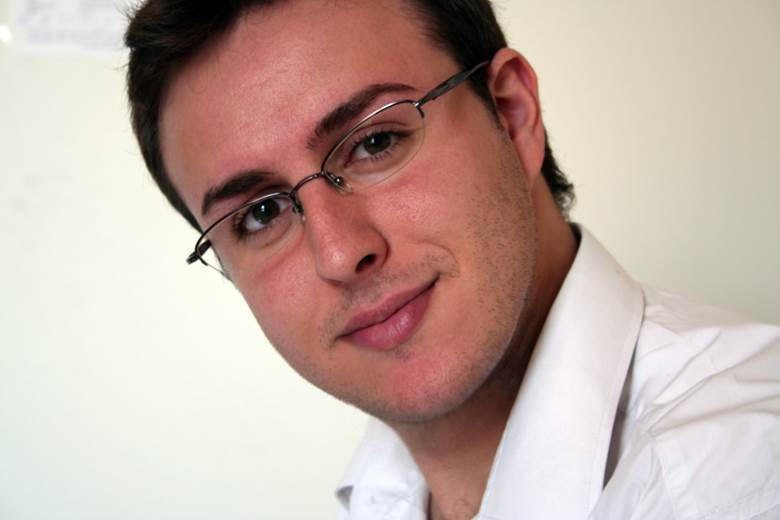COP28 has come and gone, with a number of global announcements that could transform how the world tackles climate change and adaptation. For those of us expecting a shift after COP28 in the wider Gulf and MENA region, the focus must be on building a more resilient, lower energy economy and lifestyle. Here is what the region needs to do if we are to accelerate the green change that we all want to see.
Firstly, we need a Gulf-wide green deal, a stimulus that will push businesses and the public to both think about and spend on concepts such as energy efficiency for their homes, electric vehicles for their cars, and other sector-specific interventions.
The European Union’s own green deal could be a model for this policy shift. This strategy aims to transform Europe into a resource-efficient, sustainable economy that is net zero in terms of emissions. Businesses become part of a circular economy, pollution is reduced and the environment is championed. To do this, the EU has pledged to mobilize at least one trillion euros in financing. The result will a region that is better able to adapt to climate change, and which will contribute to massively reducing carbon emissions by 2050; Europe intends to be the first climate-neutral continent by 2050.
What this means in practice is both a carrot and stick approach for legislation and policies. For example, the EU is heavily promoting the use of energy performance technologies in buildings through both funding and incentives for energy efficiency upgrades. The EU itself is leading by example, spending tens of billions of Euros on renovating existing buildings to make them better insulated and reduce energy wastage through the use of smart technologies. The upside is a reduction of energy consumption by up to six percent, and the lowering of carbon emissions by about five percent, as well as the creation of tens of thousands of new jobs.
Given the size of the GCC’s own construction industry, a green deal could both create thousands of high-value jobs as well as significantly cut greenhouse gases (globally, the construction sector is responsible for up to forty percent of our carbon emissions). Our buildings would be better insulated, using less power for air conditioning, and they’d be healthier environments too thanks to smart tech which would better regulate indoor temperatures.
Another area of opportunity is smart, clean mobility. Governments in America, Asia and Europe have rolled out a swathe of incentives to promote the adoption of electric vehicles and push both businesses and people to choose EVs over petrol or diesel-powered alternatives. The carrots on offer include tax rebates on EV purchases, funding for charger purchases and installation, and incentives for the hand-in of older, often dirtier internal combustion engine-powered cars. There are also sticks too, with bans on petrol-powered cars coming into effect over the coming decade.
A lower-carbon shift in our economies and how we live is possible. This will require sustained action and funding from the region’s governments. It will also require liberalization of key industries, such as utilities and utility-related policies. However, the long-term benefits will mean that our economies are stronger, greener, and better able to adapt. Most importantly, we will be able to meaningfully contribute to reducing carbon emissions. This must be a key legacy of COP28. The Gulf and the wider MENA region needs a Green Deal. This is how we accelerate our green change.
By Alex Malouf, PRCA MENA Board Member




